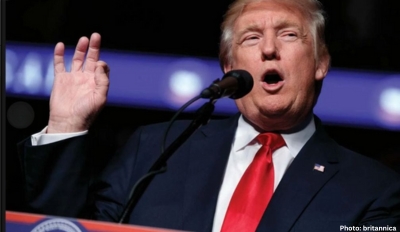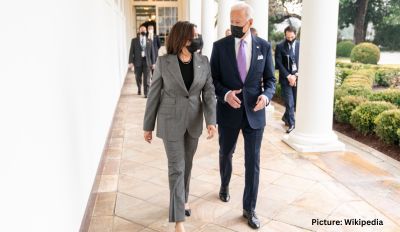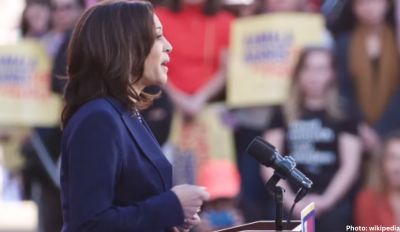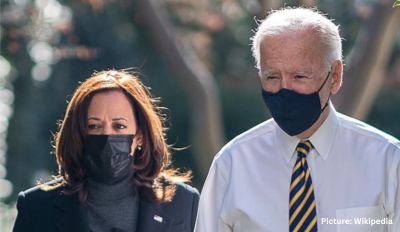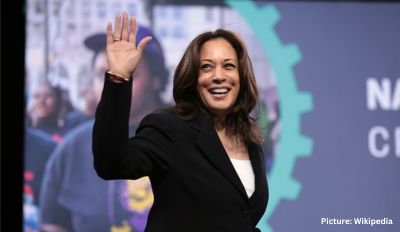The journey of Justin Gibbs reflects the challenges faced by many Medicaid recipients across the United States during a period of significant coverage disruption. Gibbs, who had been effectively managing his high blood pressure with a trio of medications, found himself in a precarious situation when his Medicaid coverage was abruptly terminated amidst a nationwide review of eligibility. The fear of potential health complications loomed large as he had to endure a week without one of his prescribed medications and several days without another.
Gibbs, a 53-year-old resident of Miamisburg, Ohio, and a father of four, articulated his concerns, stating, “I was concerned that my blood pressure would spike, and I wouldn’t have any way to regulate it.” Fortunately, Gibbs did not suffer adverse effects during this period of coverage lapse, and he was able to obtain new prescriptions once his Affordable Care Act policy came into effect in January. Additionally, he is on the brink of starting a new job with employer-sponsored coverage.
However, Gibbs’s experience is not unique. A considerable portion of the 20.1 million Americans disenrolled from Medicaid during what is termed the “unwinding” process over the past year found themselves in similar predicaments. A survey conducted by KFF revealed that nearly a quarter of adults who were disenrolled now find themselves uninsured. The survey, released on Friday, sheds light on the ramifications of this process on enrollees, consequences that are not extensively monitored by state and federal authorities.
The survey uncovered that approximately half of those disenrolled eventually regained Medicaid coverage, while over a quarter secured coverage through alternative avenues such as employer-sponsored plans, Medicare, or Affordable Care Act exchanges. Nonetheless, a significant portion of those disenrolled experienced periods of being uninsured, with more than half reporting having to defer or forgo medical care or medications during this time.
The loss of coverage took a toll on the mental and physical well-being of many, with three-quarters expressing concerns about their physical health and 60% experiencing anxiety regarding their mental health. Ashley Kirzinger, KFF’s director of survey methodology, remarked, “It was disruptive to people’s lives.”
Despite the challenges faced by many Medicaid recipients, the survey revealed that the majority of adults enrolled in Medicaid prior to the unwinding remained undisrupted, with 81% reporting no disenrollment over the past year.
The onset of the COVID-19 pandemic initially provided relief for tens of millions of Americans concerning Medicaid coverage. A congressional relief package in 2020 prevented states from disenrolling residents, resulting in a significant surge in enrollment. However, as eligibility reviews and terminations resumed, approximately 44 million people had their coverage renewed, while more than 30 million individuals still await renewal, according to KFF.
Of those disenrolled from Medicaid, around 69% were dropped due to procedural reasons, often stemming from incomplete renewal forms or administrative issues. This raised concerns among federal officials and advocates, as many of these individuals might still be eligible for Medicaid but risk becoming uninsured.
The renewal process proved to be arduous for many Medicaid enrollees. While some states verified ongoing eligibility through alternative data sources, two-thirds of those surveyed had to take action to renew their coverage. However, 58% of those attempting to reenroll encountered at least one issue during the process, with long wait times for assistance being a common complaint.
Justin Gibbs recounted his frustrating experience, mentioning a day when he spent 6.5 hours on hold before having to abandon the call to attend work. He highlighted the purposeful difficulty of the process, suggesting it might deter eligible individuals from maintaining coverage.
While some found the renewal process straightforward, others struggled with understanding required documents and faced challenges related to internet access for online submissions. Residents in states that did not expand Medicaid reported additional document requirements, adding to the confusion.
Despite the difficulties, some enrollees received assistance with the renewal process, while others expressed a desire for help but did not receive it. JP Peters, a 57-year-old resident of Punta Gorda, Florida, shared his anxiety upon learning about the need to renew his coverage, fearing the prospect of being left uninsured. Fortunately, he received aid from a retired nurse friend, who assisted him in enrolling in Medicare.
However, Peters encountered complications, including an initial error in his coverage start date, which necessitated a visit to the local Social Security office for correction. Despite these challenges, he ultimately obtained coverage and now feels relieved with access to necessary medical resources.
For many like Peters and Gibbs, the unwinding of Medicaid coverage proved to be an exasperating inconvenience, highlighting the complexities and challenges within the healthcare system that continue to impact vulnerable populations across the nation.


